Natural remedies can be incredibly effective when seeking powerful acne treatments to ensure a smooth and beautiful complexion. This Article Highlights the Top 10 Herbal Remedies for Acne and pimple solutions. The treatment specifics are noted for you to see how it helps, the action and application strategies.
What is acne?
DefinitionAcne is a common skin disorder that causes pimples, blackheads and cystic acne on the surface of your skin. Most often it appears on the face, back, shoulders and chest where sebaceous (oil) glands are most active. Here’s a detailed overview:
What Causes Acne?
- Overproduction of Oil — The production by the sebaceous glands help to keep your skin lubricated, and in doing so not only made you look shiny but also clogged up pores. This oil, when produced in excess by glands, can mix with dead skin cells and plug up pores.
- Blocked Hair Follicles: If dead skin cells and oil accumulate in a hair follicle, it can create an environment for bacteria to grow. This clog can develop and give critical to mellow inflammatory-colored lesions, non-inflammatory sores, or just observable comedos’ formations.
- Bacterial Growth — The bacteria Propionibacterium acnes (P. acnes) thrives in congested hair follicles, leading to swelling and acne symptoms.
- Hormonal: Changes in hormones, such as those during the teenage years and pregnancy, probably play a role.
- Inflammation: Redness, swelling and pain can be the cause of infection by bacteria or clogged pores engage immune response.
- Blood ties: If your immediate family had acne when they were young, you may also develop it.
- Some Medications and Products: Certain medicines, particularly steroid-containing medications and cosmetic products can worsen acne.
Types of Acne
- Comedones: Non-inflammatory acne that includes open comedones (blackheads) or closed comedones (whiteheads), is the result of a pore clogged with sebum and dead skin cells.
- Papules: Tiny red and painful bumps formed when the walls of blocked pores disintegrates.
- Pustules: Pimples that form from the infection of a sebaceous gland; appear as red bumps with white or yellow centers.
- Nodules — large, solid painful lumps deep beneath the skin.
- Cysts: Deep, painful lumps under the skin filled with pus. May scar.
Here’s a more extensive breakdown of each home tip and treatment for getting rid of acne, including detailed information on their benefits, uses, and additional considerations:
1. Tea Tree Oil: An Effective Herbal Acne Treatments
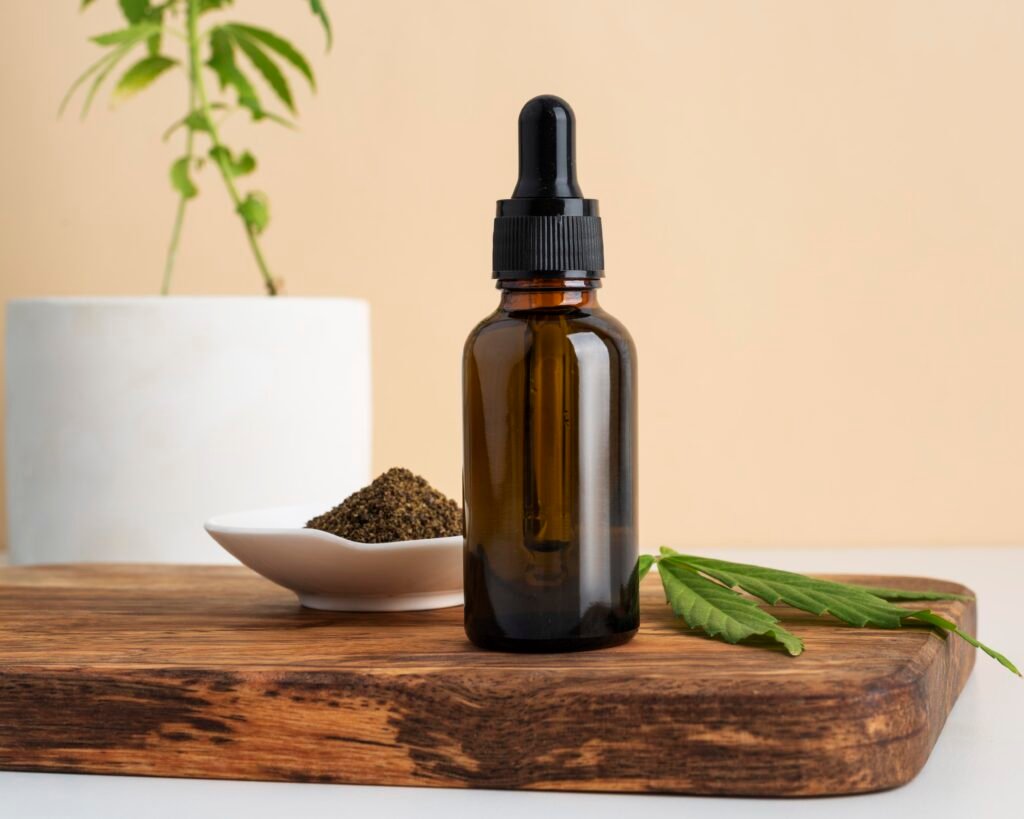
Why Tea Tree Oil is a Top Choice for Acne Treatments:
Tea tree oil is celebrated for its potent antibacterial properties, making it an excellent option for acne treatments. It helps target and reduce the bacteria responsible for acne, thereby decreasing inflammation and preventing future breakouts.
How It Works:
Tea tree oil contains terpinen-4-ol, which fights acne-causing bacteria while reducing redness and swelling.
Application Tips:
- Step 1: Dilute 2-3 drops of tea tree oil with a carrier oil, such as coconut or jojoba oil.
- Step 2: Apply the diluted oil directly to affected areas using a cotton swab.
- Step 3: For optimal results, use this treatment twice daily.
By incorporating tea tree oil into your skincare routine, you can effectively manage acne and see significant improvements over time.
See also: Men’s Skincare Routine: Simple and Effective Skincare Tips
2. Aloe Vera: Soothing Acne Treatments for Healthier Skin
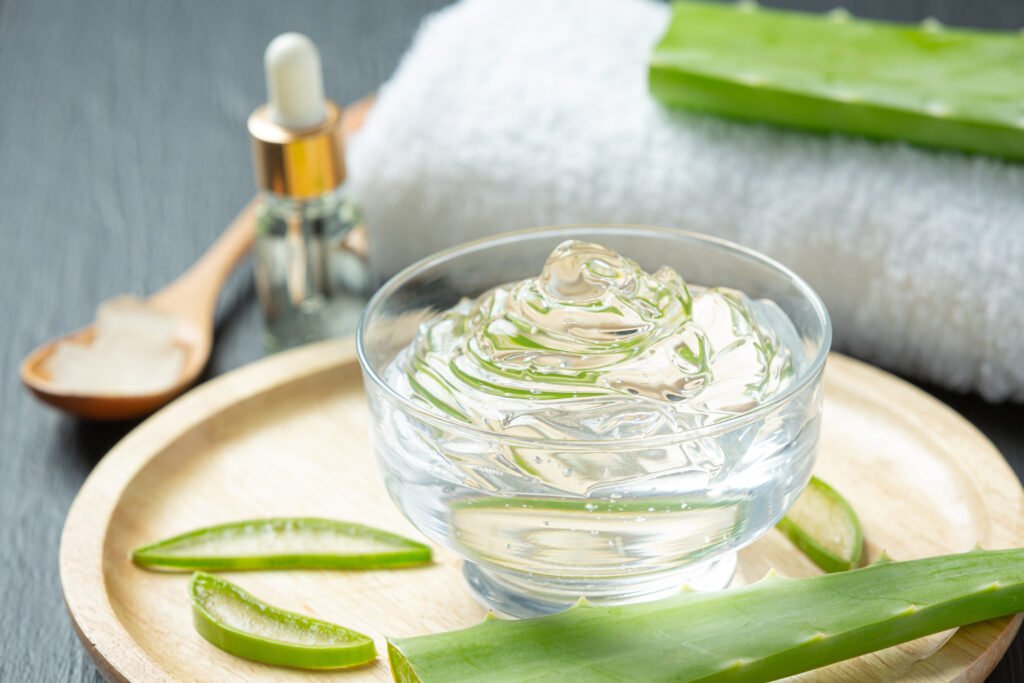
Benefits of Aloe Vera in Acne Treatments:
Aloe vera offers soothing and anti-inflammatory benefits that help calm irritated skin and reduce redness, making it an ideal herbal remedy for acne.
How Aloe Vera Works:
The gel from aloe vera contains polysaccharides that promote healing and decrease inflammation, providing relief from acne symptoms.
Application Tips:
- Step 1: Extract fresh aloe vera gel or use a high-quality aloe vera product.
- Step 2: Apply the gel generously to affected areas.
- Step 3: Leave it on for 10-15 minutes before rinsing with lukewarm water. Repeat 2-3 times daily.
Aloe vera not only soothes your skin but also enhances overall skin health, making it a valuable component of any acne treatment regimen.
See also: Determining Your Skin Type: Essential Skincare Tips
3. Green Tea Extract: A Natural Remedy for Acne Control
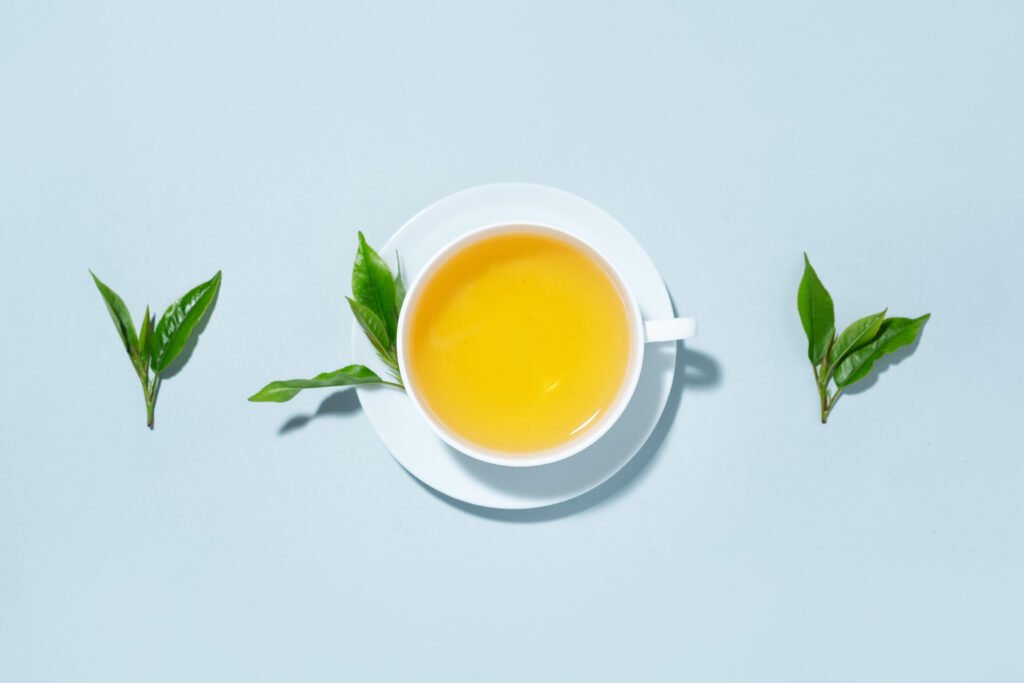
Why Green Tea Extract is Effective for Acne Treatments:
Green tea extract is rich in antioxidants and anti-inflammatory compounds, making it a powerful natural remedy for acne control.
How It Works:
The antioxidants in green tea, such as EGCG (epigallocatechin gallate), help reduce inflammation and combat oxidative stress, which can improve acne symptoms.
Application Tips:
- Step 1: Brew a cup of green tea and let it cool completely.
- Step 2: Apply the cooled tea to your skin using a cotton ball.
- Step 3: Alternatively, use skincare products containing green tea extract. Apply once or twice daily.
Utilizing green tea in your skincare routine can not only help with acne but also provide additional skin benefits.
4. Honey: Natural Acne Treatments with Antimicrobial Benefits
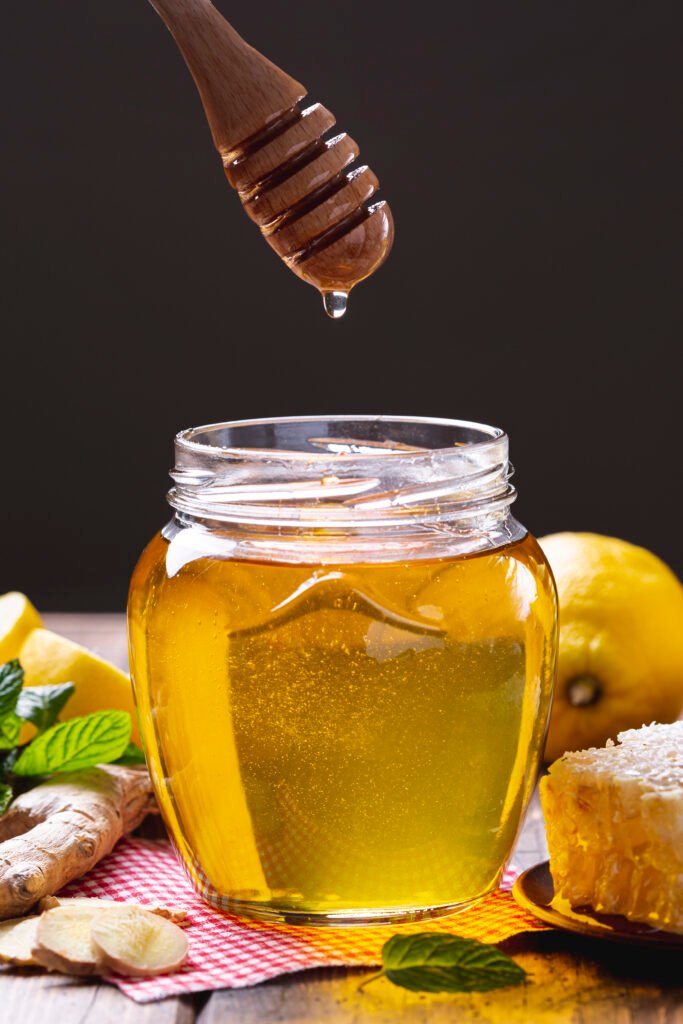
Why Honey is a Beneficial pimple solutions:
Honey is a natural humectant with antimicrobial properties, which helps to keep the skin hydrated and fight bacteria, making it an effective acne treatment.
How Honey Works:
Honey’s enzymes and antioxidants assist in eliminating bacteria and reducing inflammation, which helps to prevent and manage acne.
Application Tips:
- Step 1: Apply a thin layer of raw honey directly to the affected areas.
- Step 2: Leave it on for 15 minutes, then rinse with warm water.
- Step 3: Use 2-3 times a week for clearer skin.
By incorporating honey into your skincare routine, you can benefit from its natural antibacterial properties while maintaining hydration.
5. Witch Hazel: Herbal Acne Solution for Effective Pore Management
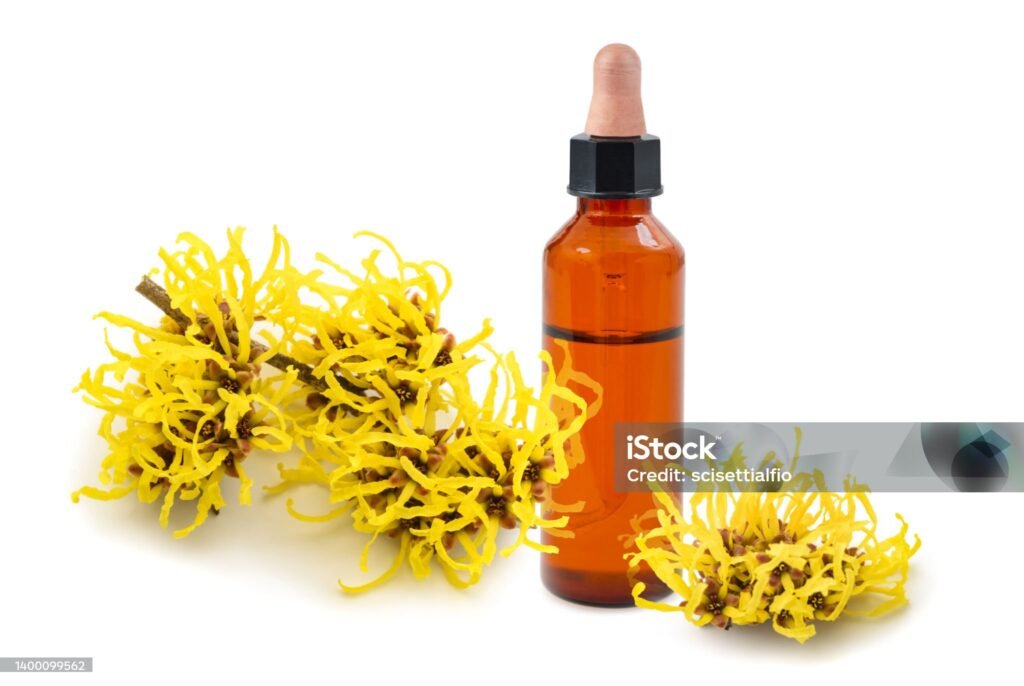
Benefits of Witch Hazel as an Acne Treatment:
Witch hazel acts as a natural astringent, reducing inflammation and tightening pores. Its antimicrobial properties also help prevent acne outbreaks.
How It Works:
The tannins in witch hazel help tighten skin and reduce the appearance of pores, while its anti-inflammatory properties soothe irritated skin.
Application Tips:
- Step 1: Soak a cotton pad with witch hazel extract.
- Step 2: Apply it to inflamed areas of your skin.
- Step 3: For best results, use 1-2 times daily.
Incorporating witch hazel into your acne treatments can help you achieve smoother, more refined skin.
See also: Essential Skincare Products: 10 Must-Haves for Every Routine
6. Turmeric: Anti-Inflammatory Herbal Treatments for Acne
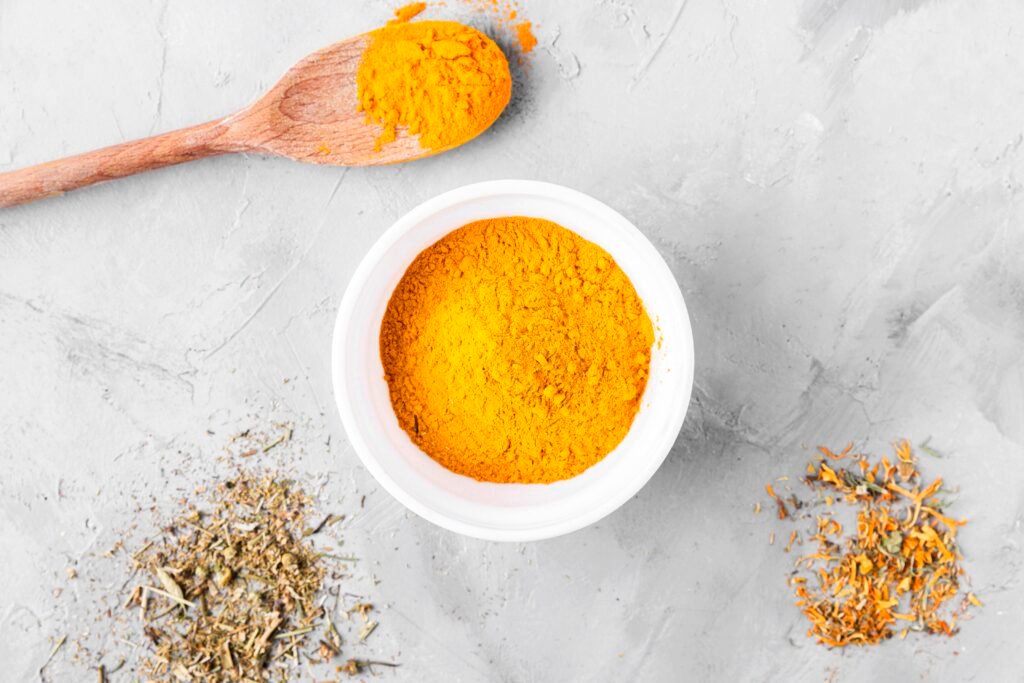
Why Turmeric is Effective for pimple solutions:
Turmeric’s strong anti-inflammatory properties make it an excellent herbal solution for reducing the redness and swelling associated with acne.
How Turmeric Works:
Curcumin, the active compound in turmeric, helps to decrease inflammation and fight acne-causing bacteria, leading to clearer skin.
Application Tips:
- Step 1: Mix turmeric powder with honey or yogurt to form a paste.
- Step 2: Apply the paste to the affected areas.
- Step 3: Leave it on for 10-15 minutes before rinsing with lukewarm water. Use 1-2 times weekly.
Turmeric can be a powerful addition to your acne treatments, enhancing overall skin clarity and reducing inflammation.
See also: 12 Global Skincare Secrets: Beauty Rituals from Around the World
7. Neem: Traditional Herbal Solution for Acne Management
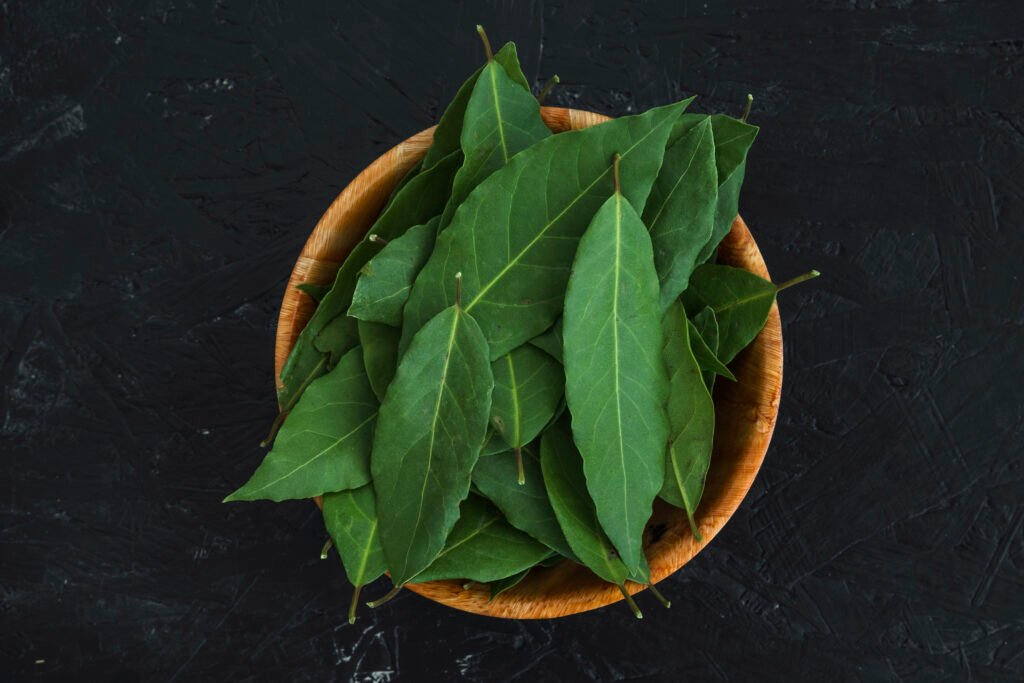
Benefits of Neem in pimple solutions:
Neem has been used for centuries due to its antibacterial and anti-inflammatory properties. It is highly effective in treating acne and maintaining skin health.
How Neem Works:
Neem’s compounds, such as azadirachtin and nimbin, help to eliminate bacteria and reduce inflammation, providing a natural solution for acne management.
Application Tips:
- Step 1: Use neem oil or mix neem powder with water to make a paste.
- Step 2: Apply the paste to the affected areas.
- Step 3: Leave it on for 15-20 minutes, then rinse. Use 2-3 times weekly.
Neem can be combined with other herbal remedies to enhance its effectiveness in managing acne.
See also: Homemade Face Masks for Healthy Skin | 10 DIY Skincare Tips
8. Chamomile: Gentle Acne Treatments for Skin Soothing
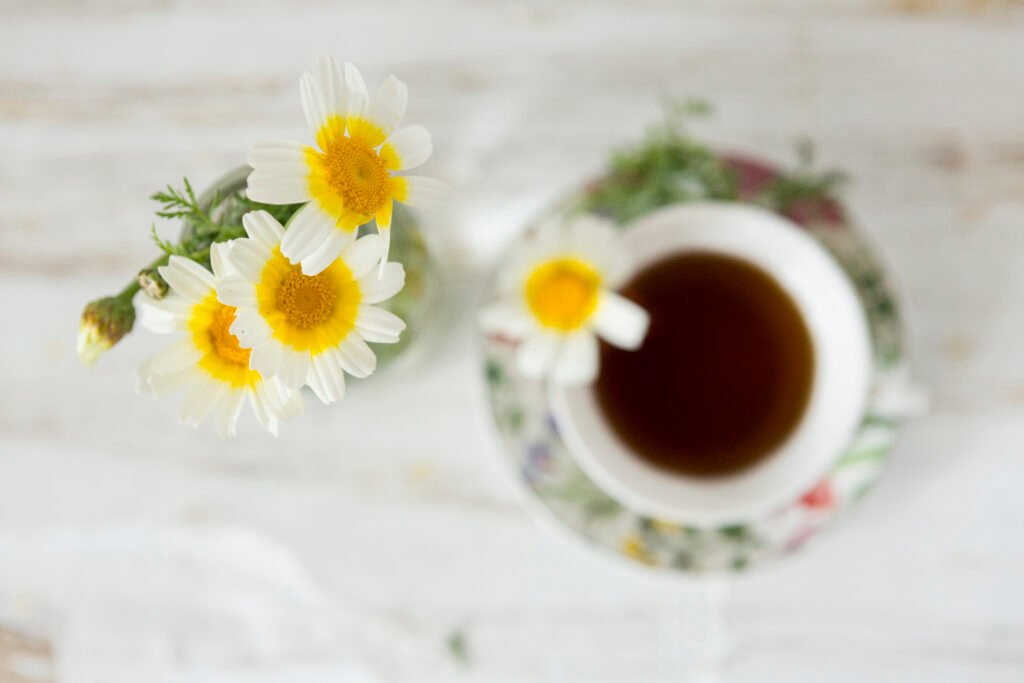
Why Chamomile is a Gentle pimple solutions:
Chamomile provides soothing and anti-inflammatory benefits, helping to calm irritated skin and reduce acne-related redness.
How It Works:
Chamomile contains antioxidants like apigenin that help reduce inflammation and promote healing.
Application Tips:
- Step 1: Brew chamomile tea and let it cool.
- Step 2: Apply the cooled tea to your skin using a cotton ball.
- Step 3: Alternatively, use chamomile-infused skincare products. Apply once or twice daily.
Chamomile not only soothes the skin but also supports overall skin health, making it an excellent choice for gentle acne treatment.
9. Peppermint Oil: Refreshing Herbal Acne Solution
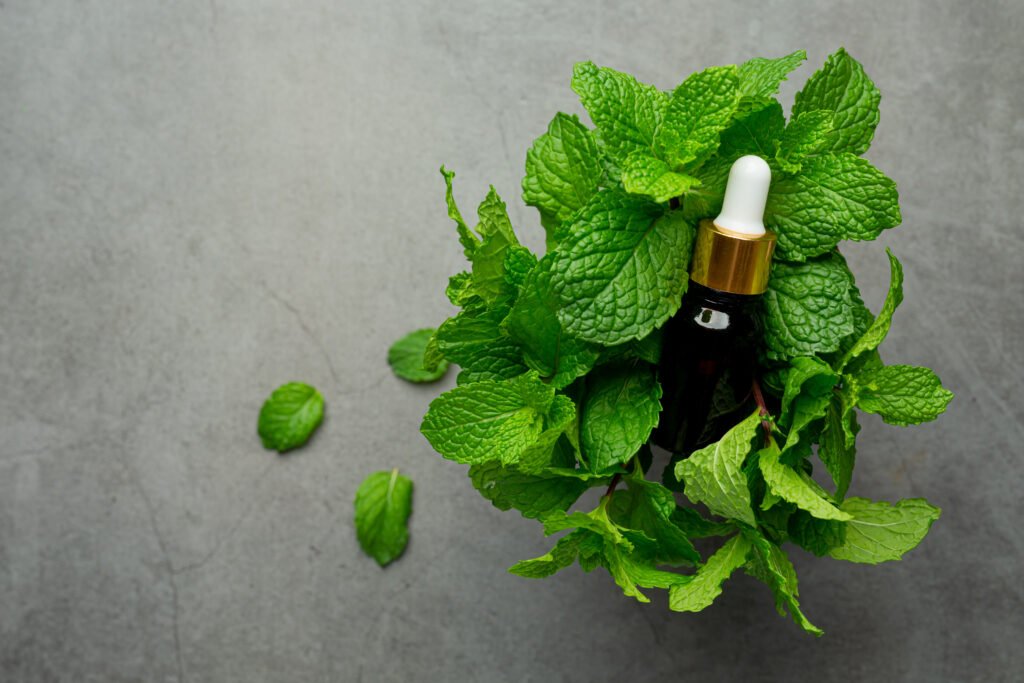
Benefits of Peppermint Oil in pimple solutions:
Peppermint oil offers a cooling effect and helps reduce inflammation, making it a refreshing option for managing acne.
How It Works:
Menthol in peppermint oil provides anti-inflammatory benefits and reduces redness, offering relief from acne-related discomfort.
Application Tips:
- Step 1: Dilute peppermint oil with a carrier oil.
- Step 2: Apply the diluted oil to affected areas.
- Step 3: Use 1-2 times daily for a refreshing acne treatment.
Peppermint oil can be a revitalizing addition to your acne treatments, offering both cooling relief and effective results.
See also: Natural Skin Care Remedies: 15 DIY Solutions for Skin Issues
10. Apple Cider Vinegar: Natural Acne Treatments with Antibacterial Properties
Why Apple Cider Vinegar is Effective for pimple solutions:
Apple cider vinegar Balances the pH of your skin and acts as a natural antibacterial, so is good for acne.
How It Works:
Not only does apple cider vinegar contain acids that exfoliate your skin and kill off bacteria to prevent pimples; but it also has a very acidic pH level, which can help maintain natural oils.
Application Tips:
How to do: Step 1: one part of apple cider vinegar with three parts water
Step 2: Apply this on skin using cotton ball.
3-Rub well and Rinse with Rugby ball about 1-2 times a day, Let it sit for 5 minutes (for maximum effect)
In addition to being good for when your skin is off balance, Apple Cider Vinegar can also help get rid of any blemishes and make you look more awake.
See also: Healthy Skin Tips: 10 Skincare Mistakes to Avoid for Radiant Skin
Conclusion
AskMen shares 10 Unbelievable At-Home Acne Treatments that can help make acne more effective and lead to natural pimple cures. All these remedies have one or the other benefit which when combined together from calming effects of pure aloe vera to apple cider vinegar fighting bacteria you will surely get rid of smooth acne-free skin. These natural remedies do take time to play with and establish as part of a routine, so you are encouraged to experiment decadently allowing itian in the process can result in alluring shades oranges that enhance your skin type over any others.
Disclaimer
This blog post is not a replacement for professional medical advice. Some recommended herbal treatments and other advice will help a few of you, but the results can vary from one person to another. In the time you have any questions to what that was all about, please contact a qualified medical professional or dermatologist—especially if you battle with skin problematics and/or allergies. Results may vary, and individual system configurations vary in response to these solutions. This article is a discussion not to be taken as the views or opinions of any individual specifics to their circumstances
See also: Clear Skin Care Tips: 11 Essential Top Tips for Radiant Skin
References
- American Academy of Dermatology. (n.d.). Acne: Diagnosis and Treatment. Retrieved from https://www.aad.org
- Mayo Clinic. (2022). Acne. Retrieved from https://www.mayoclinic.org
- National Center for Complementary and Integrative Health. (2016). Herbs at a Glance: Tea Tree Oil. Retrieved from https://nccih.nih.gov
- Journal of Clinical and Aesthetic Dermatology. (2017). The Efficacy of Aloe Vera in Acne Management: A Review. Retrieved from https://www.ncbi.nlm.nih.gov
- Harvard Health Publishing. (2020). Green Tea and Its Benefits. Retrieved from https://www.health.harvard.edu

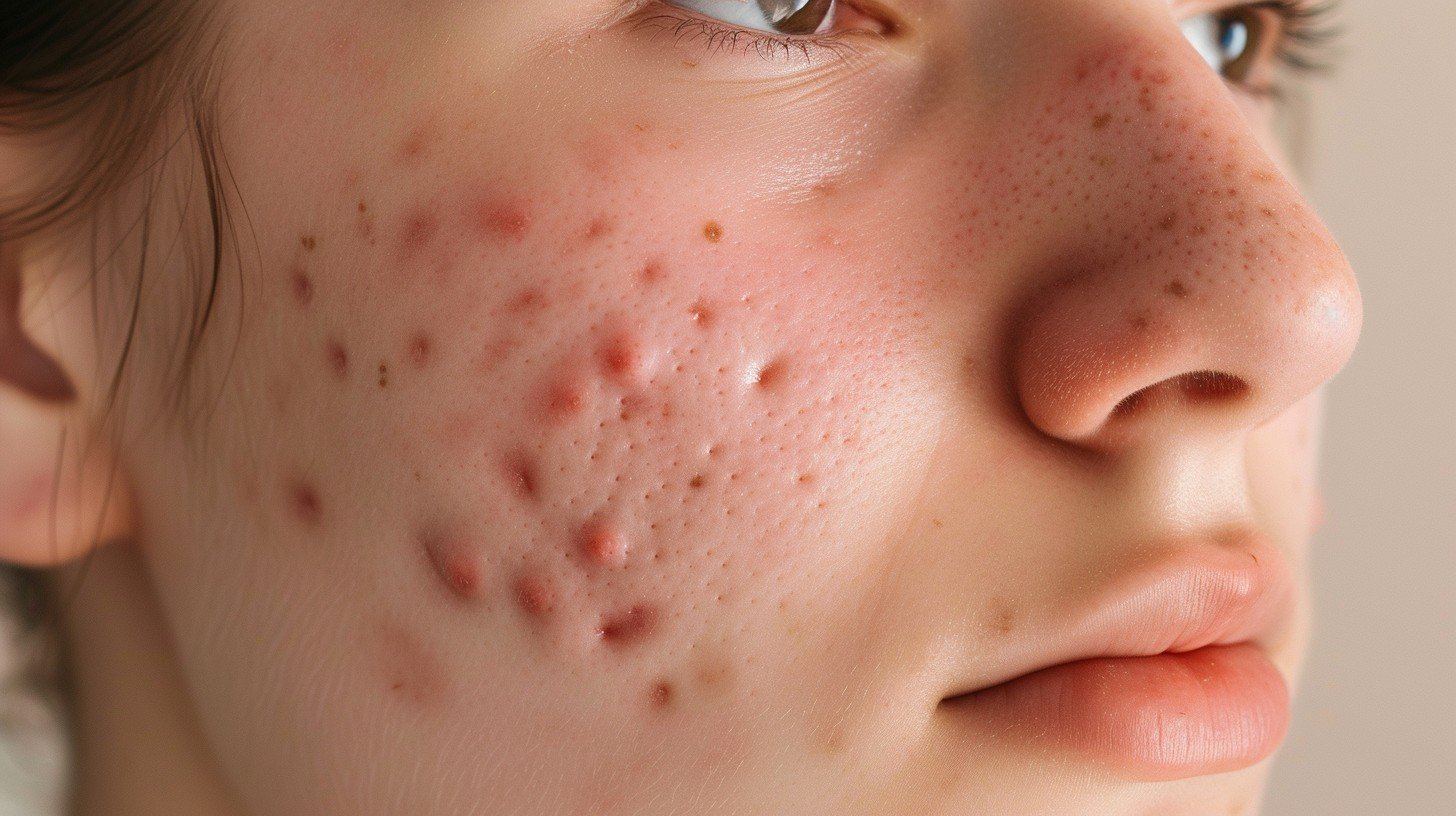
Thank you for your sharing. I am worried that I lack creative ideas. It is your article that makes me full of hope. Thank you. But, I have a question, can you help me?